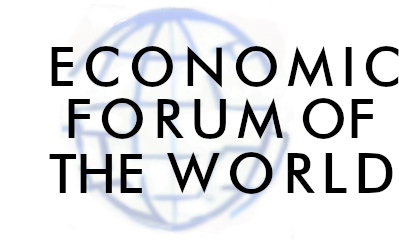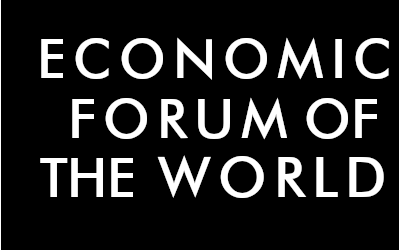What are the distinctions between Capitalism, Commerce, Trade, and Markets?
Though these terms are related, and often used interchangeably, Capitalism, Commerce, Trade, and Markets, have distinct differences.
- Capitalism:
- Definition: An economic system characterized by private ownership of the means of production, where decisions regarding production, investment, and distribution are based on market forces, and the prices of goods and services are determined in a free market.
- Key Features:
- Private property rights.
- Profit motive.
- Competitive markets.
- Minimal government intervention in the economy.
- Contrast with Other Terms: Capitalism is a broad economic system, while commerce, trade, and markets are components or activities within that system.
- Commerce:
- Definition: The activity of buying and selling, especially on a large scale.
- Key Features:
- Includes both goods and services.
- Can be both domestic (within a country) and international (between countries).
- Contrast with Other Terms: Commerce is a broad term that encompasses various economic activities, including trade. While trade specifically refers to the buying and selling of goods, commerce covers this as well as other related economic activities, like the provision of services.

- Trade:
- Definition: The action of buying and selling goods and services.
- Key Features:
- Can be bilateral (between two parties) or multilateral (among multiple parties).
- Can be domestic or international.
- Contrast with Other Terms: Trade is a subset of commerce. While commerce includes a range of economic activities, trade specifically focuses on the exchange of goods and services. Compared to markets, trade is the activity that occurs within those markets.
- Markets:
- Definition: A setting in which buyers and sellers interact to exchange goods, services, or resources.
- Key Features:
- Can be physical (like a local farmers market) or virtual (like an online stock exchange).
- Prices are typically determined by supply and demand.
- They can be broad (like the housing market) or specific (like the market for vintage comic books).
- Contrast with Other Terms: Markets provide the medium or platform where trade happens. In a capitalist system, markets play a pivotal role in determining prices and allocating resources.

Comparison and Synthesis:
- All these terms interrelate within an economic system. In a capitalist economy, markets are the venues where commerce happens, and trade is the activity that takes place within these markets.
- Capitalism provides the overarching framework, emphasizing private ownership and minimal government intervention. Within this framework, markets emerge, facilitating commerce and trade.
- While all these terms can exist outside a purely capitalist system, they are often most closely associated with capitalism due to the system’s emphasis on free markets and private ownership.
Understanding the nuances of these terms and how they interplay is essential to grasp the intricacies of economic discussions and debates.


